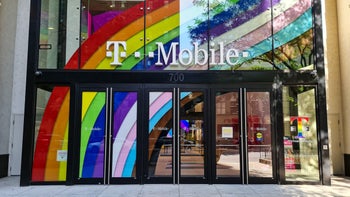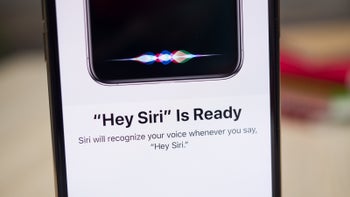Google took down millions of coronavirus-related ads, works against malicious and clickbait advertisers

In a blog post published today, Google's Scott Spencer, Vice President of Product Management, Ads Privacy and Safety, announced that Google has taken down 2.7 billion ads over the past year, or more than 5,000 "bad ads" per minute. The company has also suspended nearly one million advertiser accounts for violations of its policy, and over 1.2 million publisher accounts.
This was done in an effort to ensure that only trustworthy ads are allowed on the platform. As noted, this is especially important in uncertain times, such as the period since the COVID-19 pandemic took over.
As of the outbreak, Google says it has been closely monitoring the behavior of advertisers in order to make sure they are not taking advantage of the situation by posting fraudulent ads for in-demand products like face masks, at unreasonably high prices.
In addition, Google notes that as the coronavirus became the most talked-about topic in everyday conversation, it has helped non-profit organizations, governments and healthcare providers run public service announcements.
On the flip side, over 21 million less reputable websites, which were part of Google's publisher network, have been removed from it, for violating its policies.
Spencer also directly mentions clickbait, or "trick-to-click" ads, and the company's efforts to improve enforcement against them. Google has noticed that a common practice used by deceptive ad publishers is to collect personal information under false pretenses. In an example given, people seeking to renew their passports were targeted in 2019 in ads that mimic real ads for renewal websites, only to trick people into providing their sensitive personal information, such as their social security or credit card number.
As a result of its efforts, Google has seen a nearly 50% decrease of bad ads from the previous year, and, in 2019, the search giant has blocked more than 35 million phishing ads and 19 million "trick-to-click" ads.
As of the outbreak, Google says it has been closely monitoring the behavior of advertisers in order to make sure they are not taking advantage of the situation by posting fraudulent ads for in-demand products like face masks, at unreasonably high prices.
Out of the 2.7 billion aforementioned removed ads, "tens of millions" were related to COVID-19. The search engine giant has dedicated a COVID-19 task force that "has been working around the clock" and has built specialized detection technology to improve Google's existing enforcement systems, being used to moderate ads on the platform.
In addition, Google notes that as the coronavirus became the most talked-about topic in everyday conversation, it has helped non-profit organizations, governments and healthcare providers run public service announcements.
On the flip side, over 21 million less reputable websites, which were part of Google's publisher network, have been removed from it, for violating its policies.
Spencer also directly mentions clickbait, or "trick-to-click" ads, and the company's efforts to improve enforcement against them. Google has noticed that a common practice used by deceptive ad publishers is to collect personal information under false pretenses. In an example given, people seeking to renew their passports were targeted in 2019 in ads that mimic real ads for renewal websites, only to trick people into providing their sensitive personal information, such as their social security or credit card number.













Things that are NOT allowed: